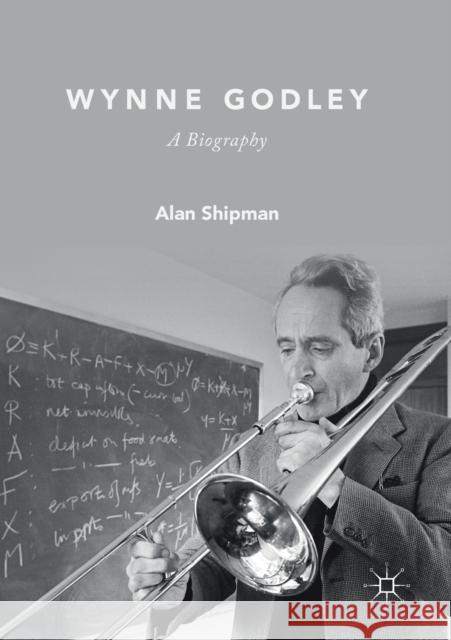Wynne Godley: A Biography » książka
topmenu
Wynne Godley: A Biography
ISBN-13: 9783030122911 / Angielski / Miękka / 2020 / 318 str.
Wynne Godley: A Biography
ISBN-13: 9783030122911 / Angielski / Miękka / 2020 / 318 str.
cena 442,79
(netto: 421,70 VAT: 5%)
Najniższa cena z 30 dni: 424,07
(netto: 421,70 VAT: 5%)
Najniższa cena z 30 dni: 424,07
Termin realizacji zamówienia:
ok. 16-18 dni roboczych.
ok. 16-18 dni roboczych.
Darmowa dostawa!
Kategorie:
Kategorie BISAC:
Wydawca:
Palgrave MacMillan
Język:
Angielski
ISBN-13:
9783030122911
Rok wydania:
2020
Wydanie:
2019
Ilość stron:
318
Waga:
0.44 kg
Wymiary:
21.01 x 14.81 x 1.91
Oprawa:
Miękka
Wolumenów:
01
Dodatkowe informacje:
Wydanie ilustrowane











